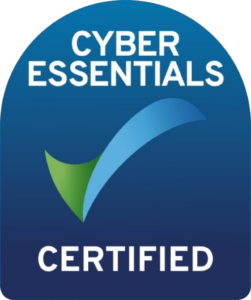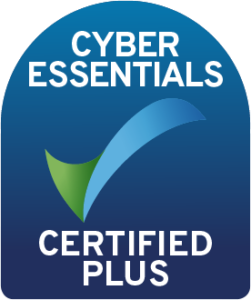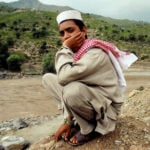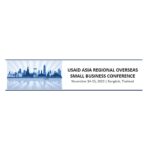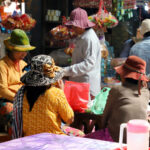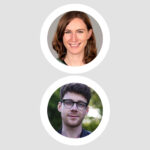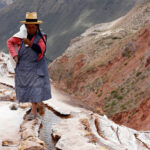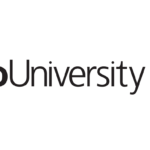Meet the team: Joe Savage, Design, Monitoring & Evaluation Manager
Meet the team: Joe Savage, Design, Monitoring & Evaluation Manager
About Joe:
Joe Savage is Integrity’s Design Monitoring and Evaluation (DME) Manager based in London, UK. Since he joined the Integrity team in March 2015, Joe has brought both extensive experience and unique insight to Integrity’s Design, Monitoring and Evaluation service capacity. You can find out more about Joe on his people page.
Can you tell us a bit about your professional background and past experiences?
I started off in social research. After university, I moved to Malawi, where I worked for a civil society organisation as a research officer. I really enjoyed the hands-on experience and the work itself tackled anything from gun control to health rights. Working in Malawi probably sparked my interest in DME since a year later, I returned to the UK and started working fulltime on multiyear, mixed method impact evaluations. The translation of this experience to my career in international development has been really useful. Indeed, in international development we sometimes don’t realise entirely how many lessons we can learn from other sectors – in my case with UK domestic programmes for the UK Government.
I was really exposed to the world of international development when I moved to Pakistan with the French INGO ACTED. This was a change of scene and I was exposed to a wide range of programmes, from WASH [Water, Sanitation and Hygiene] to education to construction and worked closely with many different INGOs and donors. I stayed in Pakistan with Trocaire where I supported the roll-out of a results based management system for early recovery, gender-based violence, and bonded labour programmes.
Prior to joining Integrity, I moved to Bangladesh with UDNP and set up a Research, Evaluation and Learning Unit in a DFID funded urban poverty project. We had the opportunity to do lots of different studies and it was a great opportunity to roll out participatory studies with women living in poor urban settlements.
What have you been working on most recently at Integrity?
Two of the projects I have recently worked on are evaluations in Somalia: the mid-term evaluation of the Somalia Stability Fund (SSF) for DFID Somalia and the mid-term review of the Joint Programme on Local Governance and Decentralised Service Delivery (JPLG), Phase II, for the UNDP. For both projects, we wanted to provide stakeholders with findings and recommendations that they can use to learn from good practice and deliver improved programming. With the review of JPLG Phase II, we knew that there had already been a number of past evaluations so we wanted to focus on essential and constructive recommendations that were sensitive to the time and resources still available. With the mid-term evaluation of the SSF, we are trying to deliver a piece of work that all stakeholders can use as they roll out the next phase of this important programme.
Another interesting project is in Tanzania, where we are undertaking an analysis of the school ranking policy as part of our technical assistance for the ‘Big Results Now (BRN) in Education’ programme. We’re trying to unpack how this policy works in practice and are carrying out a sizable qualitative study with schools, teachers, parents, students and officials. Integrity is doing a lot of work on education at the moment, including provincial political economy analysis (PEA) of the education sector in the Democratic Republic of Congo for Cambridge Education’s Accelere programme and a governance through education programme in Syria which we deliver with ASI for DFID.
What key lessons do you take from your experience working on Somalia focused projects?
A really good understanding of the local context is absolutely crucial. It is a truly unique operating environment at each level. You need to have a detailed understanding of each Somali locality in which you work and tailor your approach to that context. We can’t use a one-size-fits-all approach or simply apply global standards. What I really love about Somalia is that you find systems that can seem counter-intuitive to outsiders but are often effective solutions within the local context and have been developed and sustained over long periods of instability. As programme implementers and evaluators, it’s an exciting challenge to work with and learn from these systems rather than forcing our own understanding of good practices from elsewhere.
Somalia is a prime example of one of Integrity’s most central missions: the importance of having well established local networks of experts and consultants local to the regions where we work. We work with people who really understand the local political economy and are able to get in touch with the right contacts that can help us mitigate situations, limit risk and manage projects more effectively. For example, this has helped us to liaise with the highest levels of Jubaland administration to facilitate the collection of data in a conflict sensitive manner.
What valuable lessons on DME would you share from your experience in the sector?
I think the biggest lesson I’ve learned is that you cannot use a one-size-fits-all strategy. This is particularly the case for us at Integrity given we work in such fragile and complex environments. We need to keep adapting our approaches, methods and tools to each particular context we work in. What works in one place might not work in another, and similarly what works today might not work next month. Integrity strives for this by investing in long-term presence and sustained relationships with national organisations, networks and individuals in the geographies in which we work.
What aspects of your work at Integrity do you enjoy the most?
I enjoy the range of different partner organisations with which we work at Integrity. Through my colleagues and our consultants and partners, I find that I’m working with individuals and organisations who share Integrity’s values and are always eager to work together to get to the best possible outcome. By working with partners that share our values I find that we are both strengthened through the collaboration. In the long term we want to have contributed to strong and sustainable capacity within the countries where we work.
What do you hope to achieve in the future with Integrity?
I’m excited about what we’re trying to achieve through our projects, especially in Somalia but also in countries like Myanmar and DRC. More than ever, we believe we can add value through projects that put us in a position to advise and support decision makers in these fragile and complex environments. In particular, we believe we can do this by finding new and better ways of giving voice to communities.
It’s also interesting to explore what it to truly means to work ethically and to set a benchmark for ethical research. I think this is something we are always working towards at Integrity, and we want to ensure we prioritise this mission and do our best to live up to it.
Find out more about Integrity’s Design, Monitoring and Evaluation offering here and our work in Somalia here.
